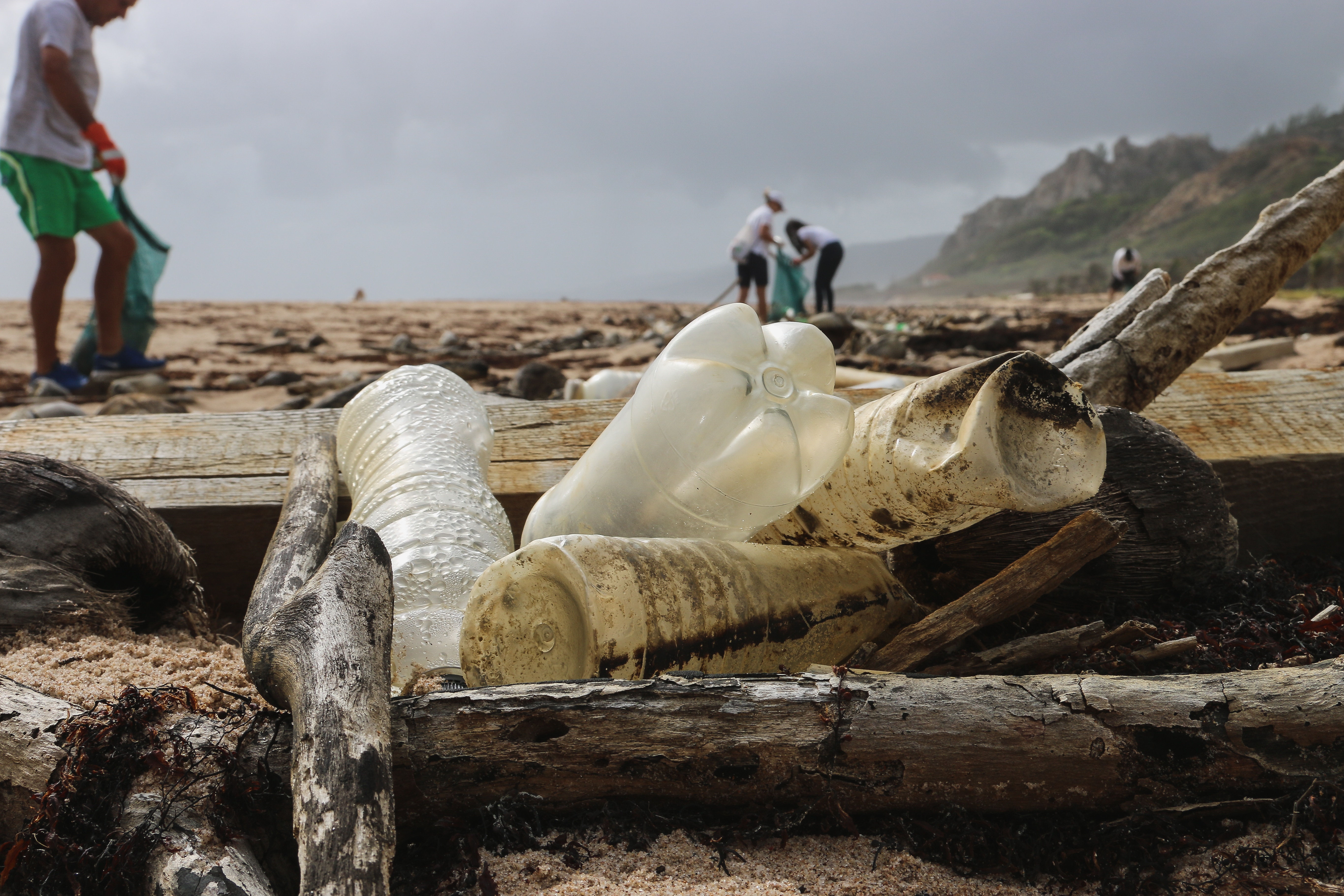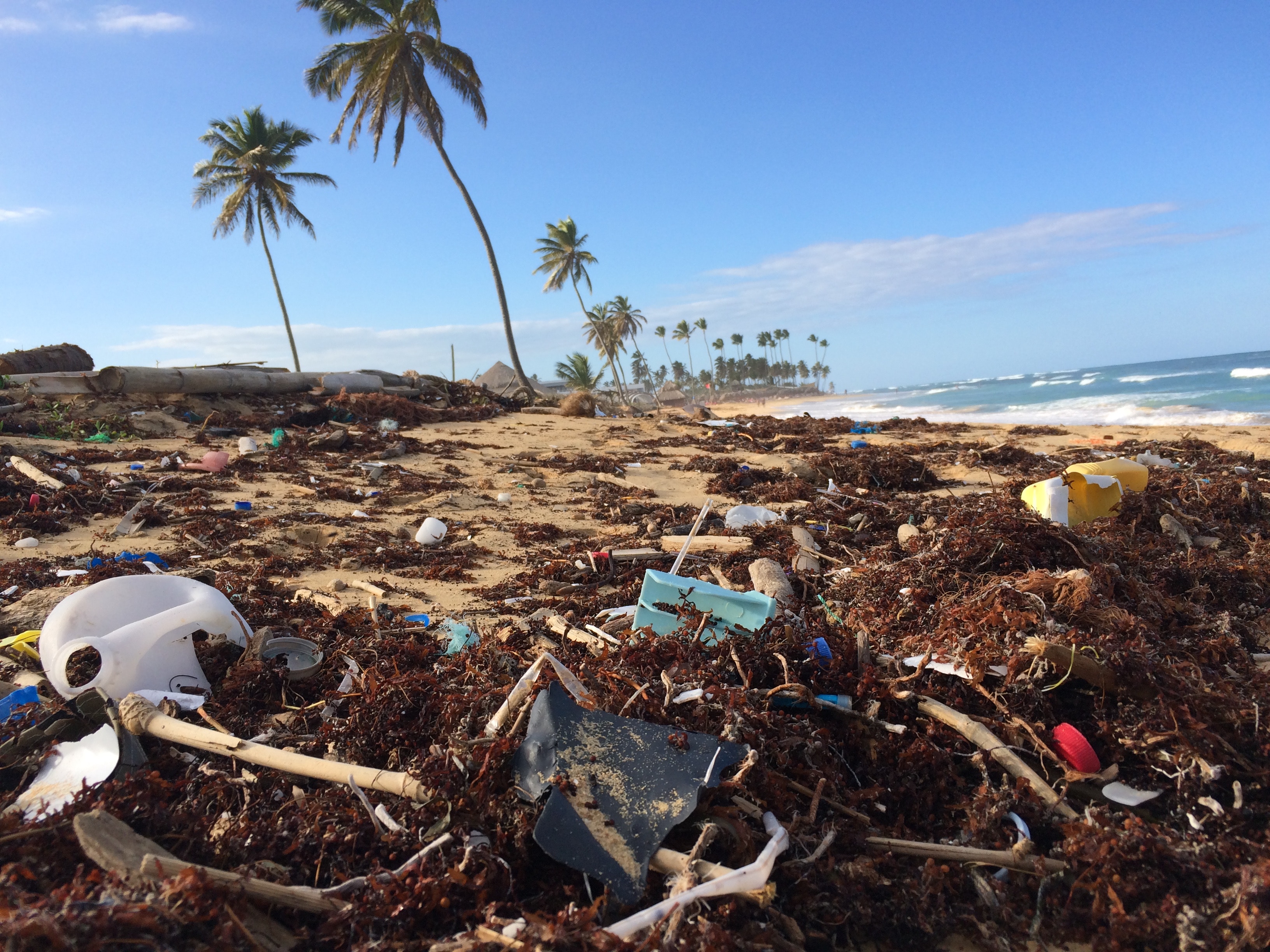
Thought experiment. Let’s just say that global warming didn’t exist (it does). That scientists were wrong about our planet being in peril (they aren’t). And that species weren’t collapsing due to human intervention at a staggering rate (they are). In this parallel universe, wouldn’t you still want to take care of the earth? Wouldn’t you still be glad that we’re using fewer straws or that single-use plastics are getting banned? Wouldn’t the fight to reclaim land for preservation still seem like the right call?
Of course it would. It’s only logical to preserve your habitat. It’s an intuitive response to… being alive. And yet, the naysayers exist. Those who somehow link electric cars with extreme liberalism and wind farms with PC culture run amok. Those for whom refusing to compost somehow buckets into “trolling the libs.”
They aren’t all on the right side of the political divide, either. After writing about the shared onus of environmental responsibility, it was liberals who emailed to me to tell me to check my privilege. That it’s unfair to push everyone to be better, considering our society’s systemic inequity. Corporations wrecked the environment and only corporations (and regulation can fix it), they insisted.
Cool story, bro. Keep fiddling about that while the world burns.
The fact is that stewardship of the planet earth is one of the few unarguable, unassailable positions in all of existence. Think global warming is fake? Great, but pick up trash so that our beaches look nice. Believe that mass extinction (even when it’s measurably caused by humans) is just part of the bigger life cycle? Fine, but buy your food in bulk to prevent waste from excess packaging. Feel like articles like this one, pushing people to lessen their personal ecological impact, are privilege-washed? Got it… but still maybe compost your trash?
Unless you’re living in the philosophical sweet spot where nihilist, anarchist, and narcissist intersect, there’s literally no reason you shouldn’t try to care for our natural habitat. No one is off the hook. There are no exemptions. I’ve heard your excuses. They’re trash. Try to be better in any small way you can manage, knowing that we all fail at times and that points are definitely awarded for effort.

In 2006, shortly after An Inconvenient Truth came out, I became the eco-columnist for a magazine owned by the Orange County Register. The job entailed profiling non-profits and environmental charities in the fifth biggest county in the nation. Over the four years that I held the post, part of me that grew progressively more jaded. Many of the 501c-3 charities I wrote about eventually crashed and burned. They didn’t have long-term sustainable plans and weren’t able to grow beyond their charismatic founders. All too many of them seemed to mismanage money to a comical degree or make ecological compromises that undermined their entire ethos (I once attended a speech about decreasing consumption hosted inside a luxury home goods store).
Across 48 monthly columns, I found plenty to trouble me. But I also witnessed something powerful: Just by talking about the environment, just by listening to speeches and learning about new initiatives (even if those initiatives would eventually fail), the baseline knowledge of the populace began to increase. There was a mentality shift that was built to last. It had taken root in the hearts of the people and it led to measurable actions. Cities across Orange County banned plastic bags. Laguna Beach, where I live, created an unprecedented Marine Reserve. A local eco-minded non-profit grew into a major voice in conservation.
This obviously mirrors the overall effect of An Inconvenient Truth, which had a few blatant scientific errors but helped push the conversation in the right direction. That’s how the world changes — in fits and starts.
Here’s another thing I discovered: Criticizing the green movement isn’t always a bad thing. It can lead to increased innovation, help people funnel funds to the right places, and motivate lawmakers to shift how they legislate. But there’s literally no reason on earth to allow reasonable critique to lead to total inaction. It should be more like an improv class where all ideas are taken as “yes and…” Big picture and small scale, government regulation and end-user decision making — we need to improve on all levels simultaneously.
That’s why the anti-straw backlash — a contrarian response to the groundswell of enthusiasm that people had for getting rid of plastic straws earlier this year — seemed so silly to me. Will cutting straw usage solve our plastics problem? Obviously not. Is it the absolute most pressing concern? Nope. Are the replacements perfect yet? No way. But also, a massive portion of our society doesn’t need a straw to drink. They can give them up with literally zero trouble.
The straw is a single-use plastic that’s totally unnecessary to hundreds of millions of Americans. Billions worldwide. And though the data on the subject seems to have been extrapolated by a nine-year-old, it doesn’t really matter. We all get straws, few of us need them (those who do deserve access), their waste is helping in some way or another to poison the globe. Straws are (mostly) dumb. Why fight for them?

To be epically clear, the world of science is resolved on global warming and its effects. The threat of widespread species death is not something that most scientists will even bother debating with you. Humans have had a toxifying effect on this planet in a very short time and it’s hard to make the case otherwise. But even if you don’t believe any of that… take care of the planet.
Because it’s beautiful. Because it’s our refuge. Because its wild spaces heal us.
Whether you’re a Republican or a Democrat, pick up some trash. Whether you’re a climate change believer or denier, commit to shorter showers. The debate will continue, but you’re full of shit if you’re using it as a way to refuse to take action. Regardless of your beliefs, being a steward of the planet is a mandate for us all. The call to protect the natural world ought to transcend your ideology, today and every day.






